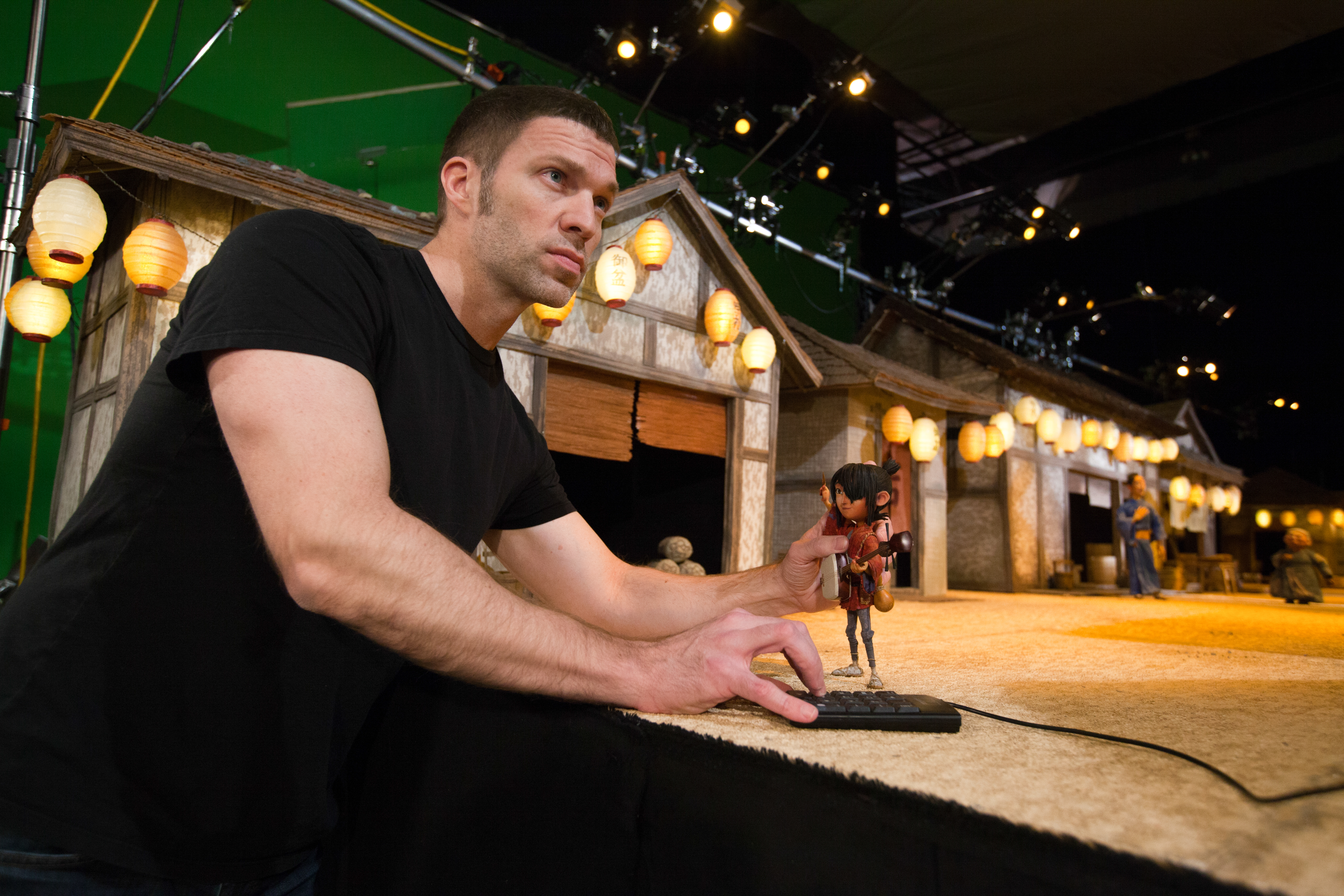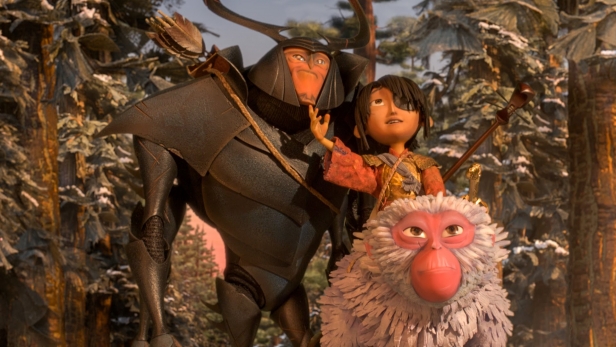SPOILER WARNING: Contains slight spoilers regarding the themes of the film.
Like every LAIKA film, Kubo And The Two Strings is a masterclass in stunning stop-motion. It’s also thrilling, fantastical and emotional. It will likely make you weep openly for a number of different, complex reasons. Seriously, we really love it.
In keeping with the LAIKA tradition, Kubo And The Two Strings also features themes that are a little bit heavier than those you would find in most family animations. In particular, it deals with death, but not in a way that we’re used to.
Director Travis Knight tells us he’s always careful how he phrases things when asked about the subject, as people tend to go away with the understanding that Kubo And The Two Strings is quite morbid. In reality, it’s far from that.
The film takes place during the annual Bon Festival, a Japanese Buddhist custom of honouring ancestors and remembering the impact they made on the lives of the living.
“The Bon Festival is really interesting because it’s not a sombre occasion,” Knight tells us. “It’s a celebration, and it’s joyous. It’s akin to the Mexican Day of the Dead, which is more about celebrating the people that are in our lives that have passed on. It’s the idea that even if our loved ones are not physically with us, we still carry them, the experiences, the things that we’ve gone through, the lessons that they’ve taught us.
“They are a part of our lives; we are a continuation of our parents’ story and our children are a continuation of our own. It is a sentimental aspect of what it means to be human. We go suffer loss, and we go through pain and grief. The film does deal with loss, but it also explores this idea of what loving someone or something does to us, you know, it opens us up and makes us vulnerable to pain and to loss. It also heals us and gives us strength and makes our lives worth living.”

Knight hopes that the film will play a part in introducing younger children to the idea of death and loss in the same way that today’s adults were introduced to it years ago by films like Bambi and The Lion King.
“These are lessons that every kid learns over the course of their childhood as they cross that Rubicon from childhood to adulthood. It’s something that is a critical part of life, and something that we wanted to explore in the film. In the end, I think we deal with death in a beautiful, poetic way of letting kids understand what that process is and how you can react to those sorts of things, how you react to different traumas in your life, and Kubo runs the gamut of how he’s going to respond to these things.
“He gets this reconciliation and he moves on based on the example of his parents, in the sense of forgiveness and compassion rather than rage or anger or completely paralyzing sadness. I think that’s a good lesson.”
Kubo And The Two Strings is in cinemas from 9 September. Read our review here. Get all the latest fantasy news with every issue of SciFiNow.
